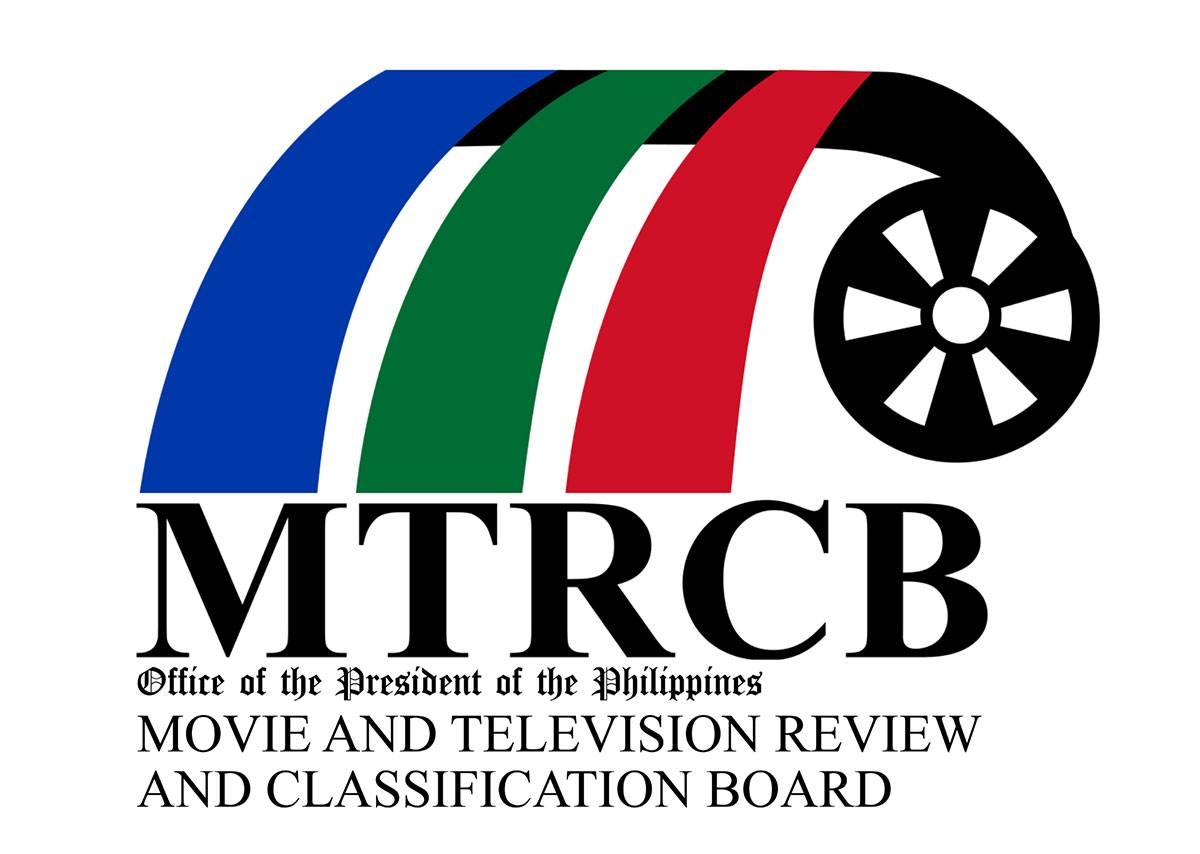On Monday, the Movie and Television Review and Classification Board (MTRCB) issued a preventive suspension order for two programs on Sonshine Media Network Inc. (SMNI). The programs in question are “Laban Kasama ang Bayan” and former president Rodrigo Duterte’s program, “Gikan Sa Masa, Para Sa Masa.” The MTRCB stated in a press release on Tuesday that the suspension would last for 14 days.
The MTRCB’s decision was reached during a board meeting on December 13, 2023. In accordance with Presidential Decree No. 1986, the MTRCB has the authority to ensure that television programs adhere to contemporary Filipino cultural values. The preventive suspension aims to address concerns and ensure compliance with established standards.
The MTRCB received complaints regarding two episodes of Duterte’s program, “Gikan Sa Masa, Para Sa Masa,” which aired on October 10 and November 15. The complaints alleged “death threats” and the use of profane language by a guest on the show. Coincidentally, Gabriela Party-list Rep. France Castro filed cases against Duterte in relation to his comments about killing communists in both episodes.
As for “Laban Kasama ang Bayan,” the MTRCB received a complaint about the November 27 episode. The complaint referred to the alleged expenditure of P1.8 billion in travel funds by Speaker Ferdinand Martin Romualdez, which was labeled as “unverified news.”
Lorraine Badoy, the host of “Laban Kasama ang Bayan,” expressed her disagreement with the MTRCB’s decision. In a Viber message to The Manila Times, she questioned the rationale behind the suspension, stating, “Does that even make sense? We were asking for verification. And when was it ever wrong to ask our officials to give us a clear accounting?” It is worth noting that Badoy and her co-host Jeffrey Celiz previously held a hunger strike at the House of Representatives, where they were detained.
The National Union of Journalists of the Philippines (NUJP) weighed in on the issue, asserting that due process was given to SMNI but not to the individuals who were “brazenly defamed” on the program. The NUJP emphasized that freedom of expression and the freedom of the press should not be used as justifications for hate speech, vilification, and threats.
In response to the controversy, the House of Representatives approved a resolution requesting the National Telecommunications Commission (NTC) to suspend SMNI’s legislative franchise. The resolution calls for hearings to be conducted to further investigate the network’s content.
The MTRCB, in its statement, highlighted that the preventive suspension order is a proactive measure aimed at addressing concerns and ensuring compliance with established standards. The suspension will be in effect for 14 days, during which SMNI is expected to address and rectify the identified issues.
As this situation unfolds, it raises important questions about the balance between freedom of expression and responsible broadcasting. It also underscores the role of regulatory bodies in upholding cultural values and protecting the public from potentially harmful or misleading content. The outcome of the hearings and the actions taken by SMNI in response to the suspension will undoubtedly shape the future of these programs and the network as a whole.
It is crucial that media organizations and broadcasters understand the impact their content can have on society. Striking a balance between freedom of expression and responsible journalism is vital to ensure that the public receives accurate, fair, and unbiased information. As this case demonstrates, there are consequences for failing to meet these standards, and it is the responsibility of both broadcasters and regulatory bodies to uphold them.







